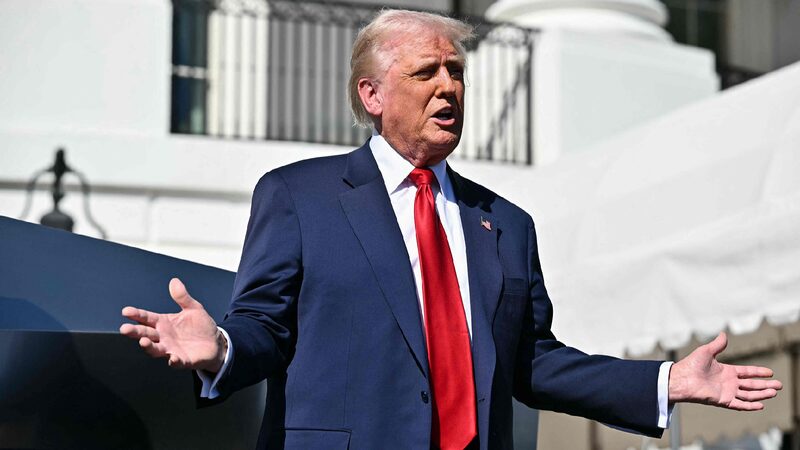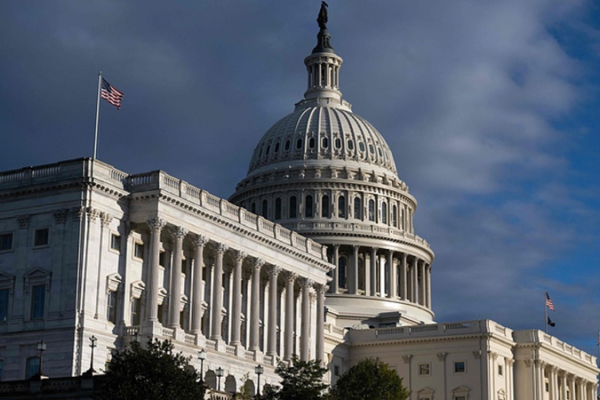The United States recently imposed a 10% tariff on certain Chinese imports, citing the flow of fentanyl and other synthetic opioids from China as the justification. Just a month later, on March 3, the tariffs were doubled to 20%. Many observers believe this move is a strategic miscalculation that deflects attention from deeper domestic issues.
Scapegoating Amid a Domestic Crisis
The opioid crisis in the US has been escalating for decades. In the 1990s, aggressive marketing by pharmaceutical companies led to widespread overprescription of painkillers. Economic challenges, including job losses and declining industries, have further exacerbated the problem, leaving many Americans vulnerable to substance abuse.
By imposing tariffs on Chinese goods, the US government appears to be shifting blame to external factors rather than addressing the root causes at home. This approach overlooks the domestic regulatory gaps and market distortions that have fueled the crisis.
Undermining Effective Cooperation
Previously, China and the US had cooperated to combat the trafficking of fentanyl. In 2019, at the request of the US, China implemented strict controls on all fentanyl-related substances, regulating production, distribution, and exports. This collaboration led to significant progress, with data from the US Centers for Disease Control and Prevention showing a decrease in fentanyl-related deaths.
However, the new tariffs risk undermining this cooperation. Unilateral actions could strain relations and hinder joint efforts that have proven effective in tackling the opioid epidemic.
Economic Risks and Global Impact
The tariffs not only strain diplomatic relations but also pose economic risks. They can lead to increased costs for American consumers and businesses. Studies have shown that previous tariffs resulted in higher prices for everyday goods, contributing to inflation.
Furthermore, disruption in trade between the world’s two largest economies can have ripple effects on the global market, impacting countries worldwide, especially in the Global South.
Learning from History
Historical examples like the Smoot-Hawley Tariff Act of 1930 demonstrate how protectionist policies can backfire, prolonging economic downturns. Experts warn that repeating such strategies could harm the US economy in the long run.
The Path Forward
Addressing the opioid crisis requires introspection and domestic policy reform. Strengthening healthcare systems, regulating pharmaceutical practices, and providing support for affected communities are essential steps.
Internationally, constructive dialogue and cooperation are more effective than confrontation. Collaborative efforts can lead to shared solutions that benefit both nations and contribute to global stability.
It’s crucial for leaders to focus on meaningful strategies that address the underlying issues rather than implementing measures that may offer short-term relief but have long-term negative consequences.
Reference(s):
U.S.'s 'fentanyl tariff': A logical fallacy & strategic miscalculation
cgtn.com








